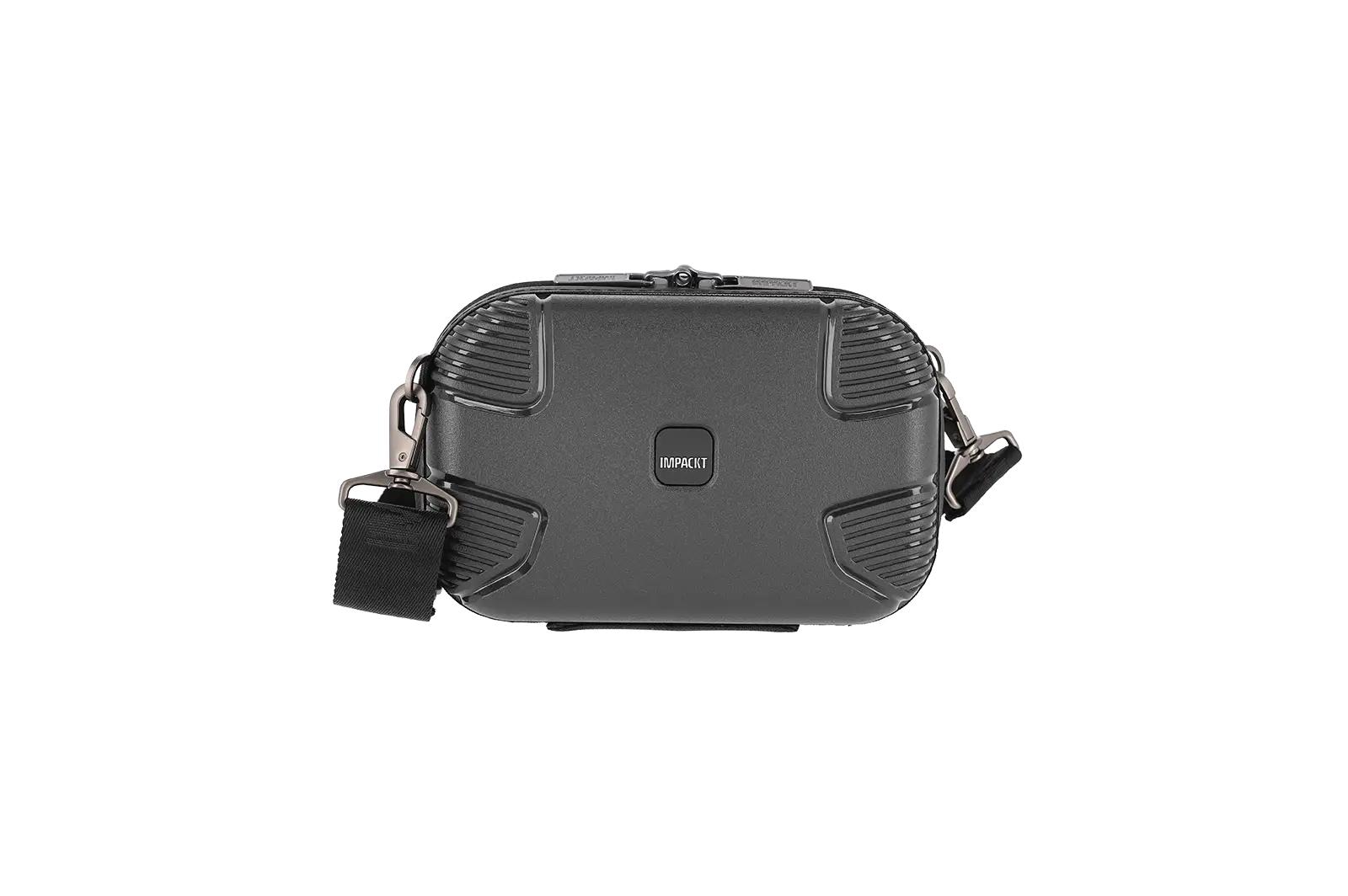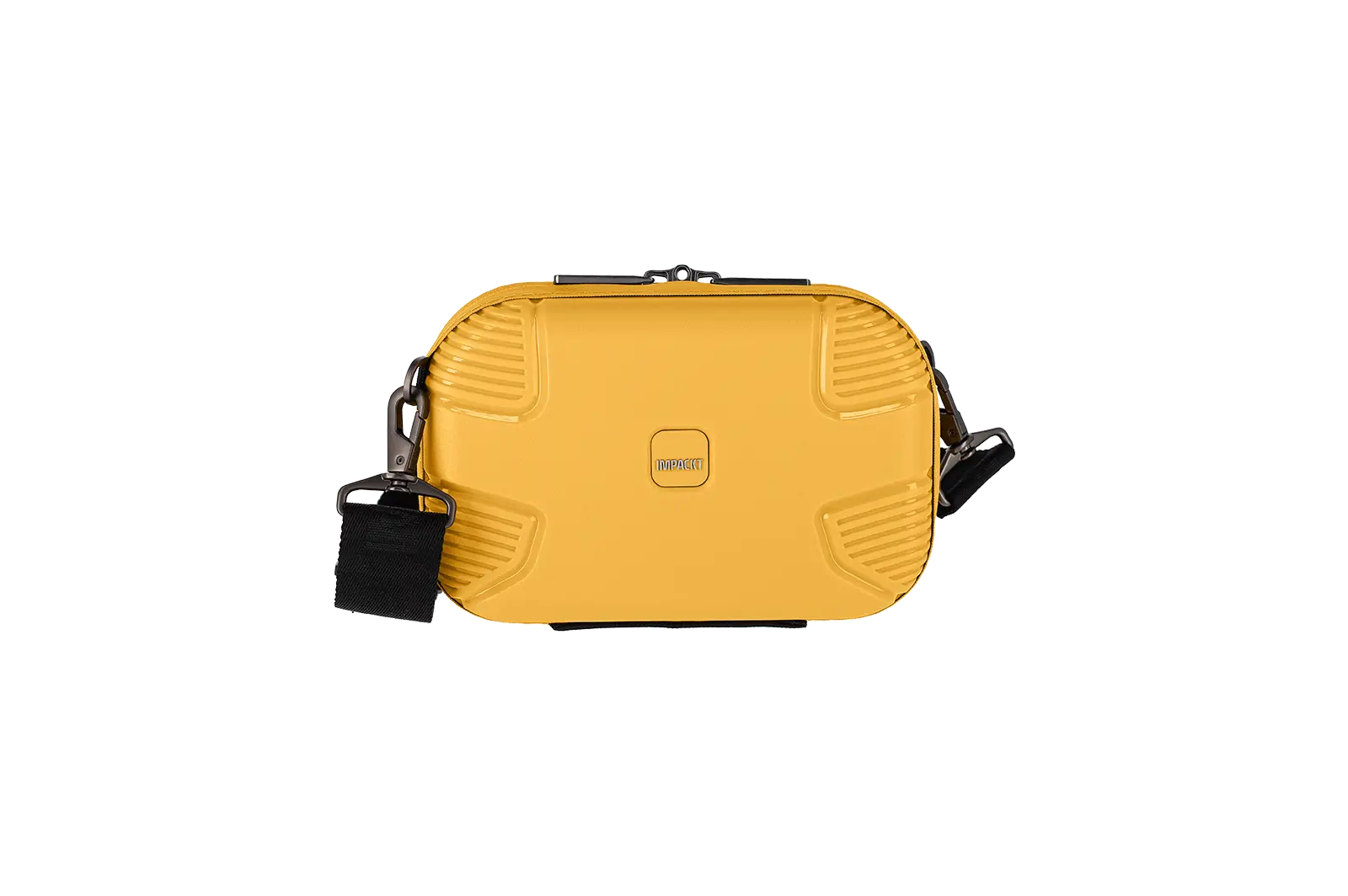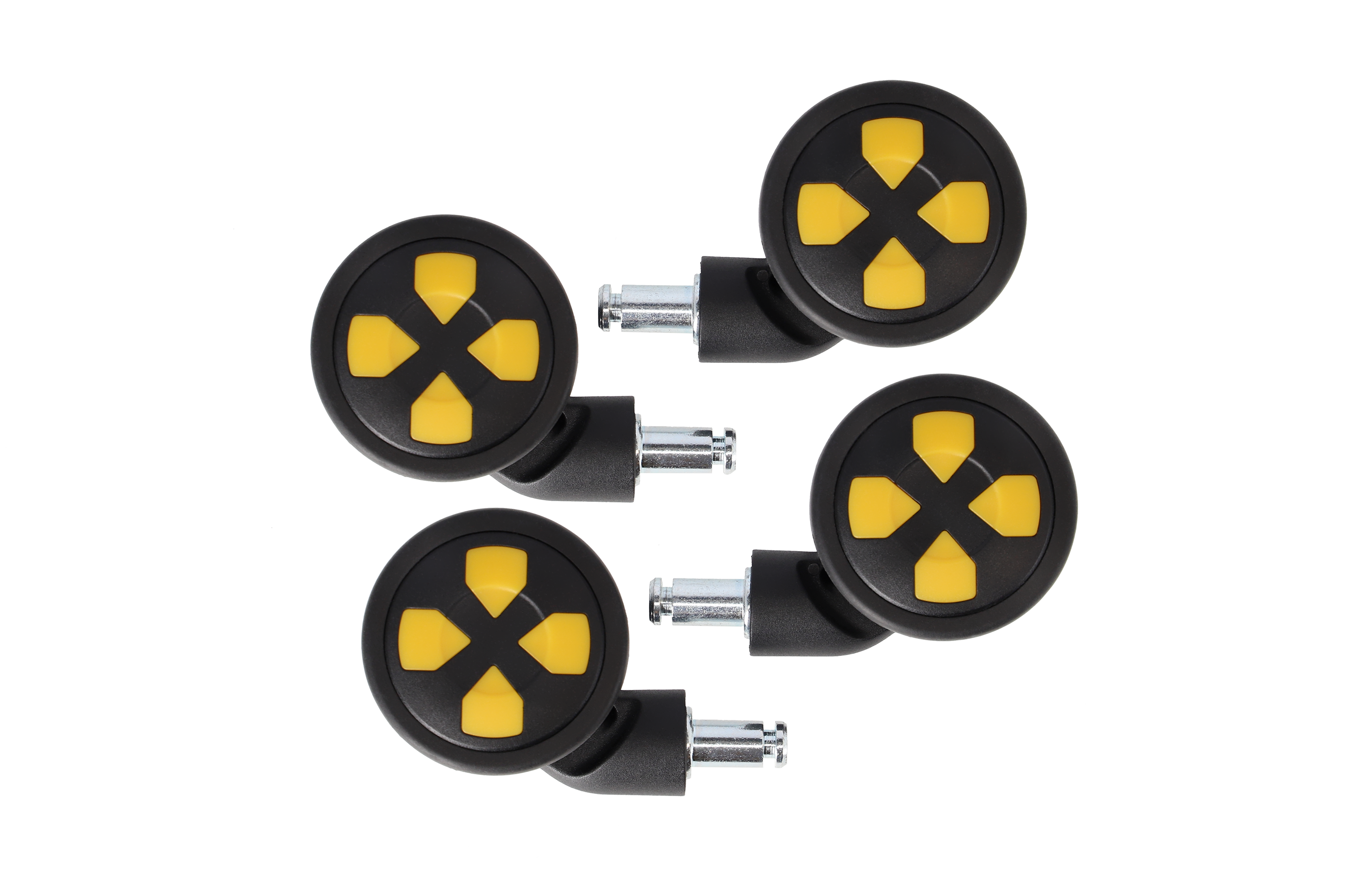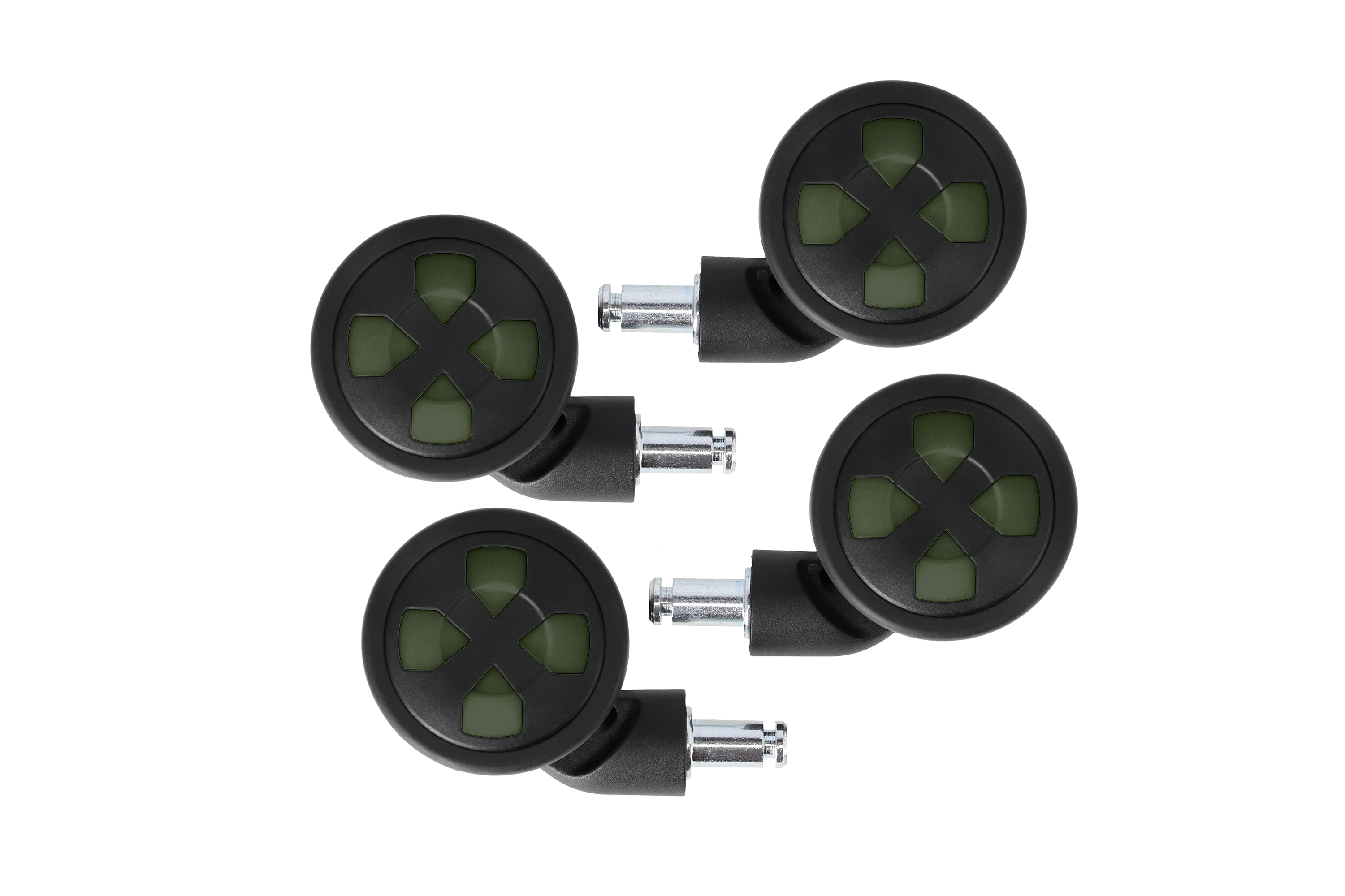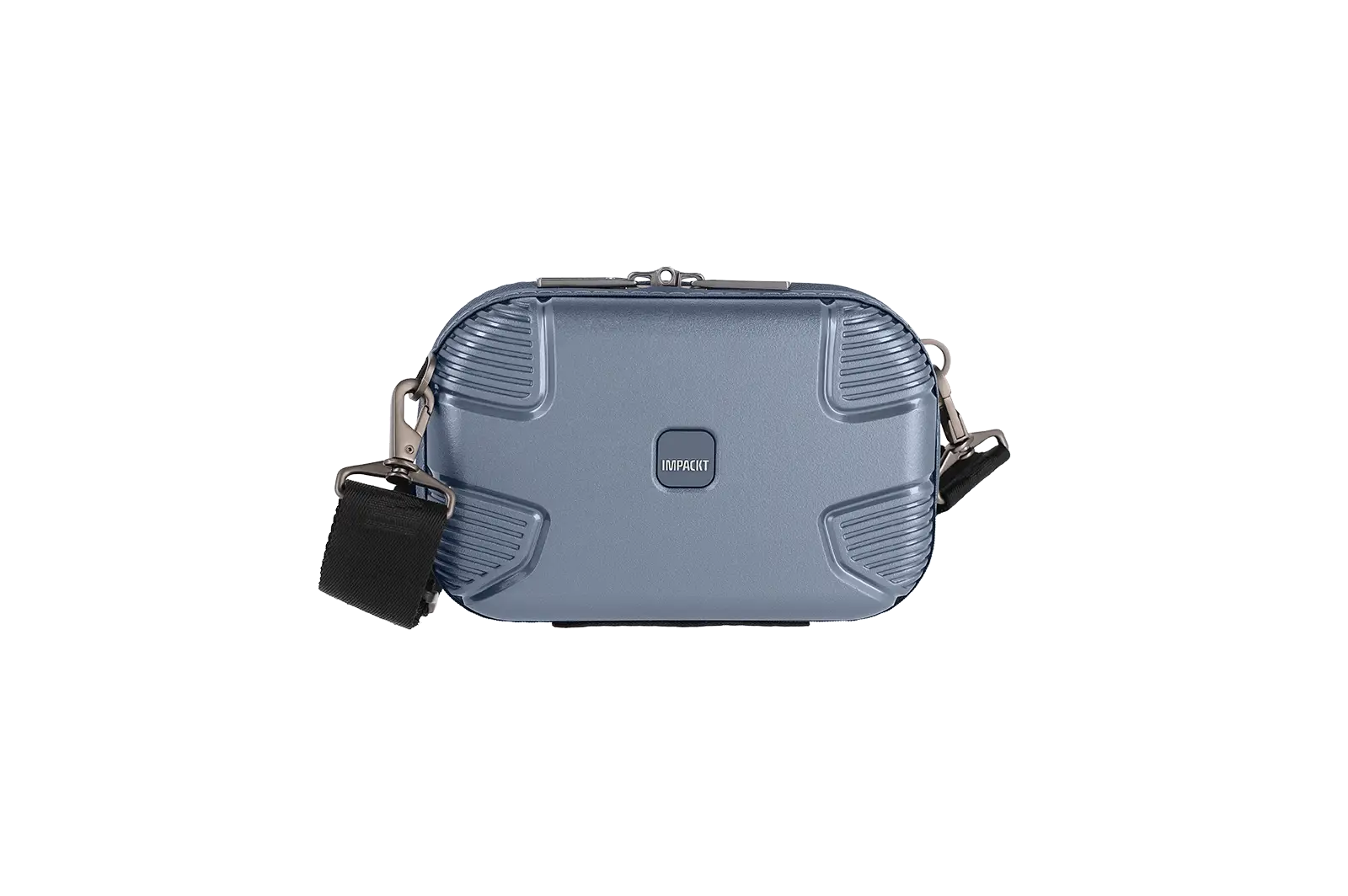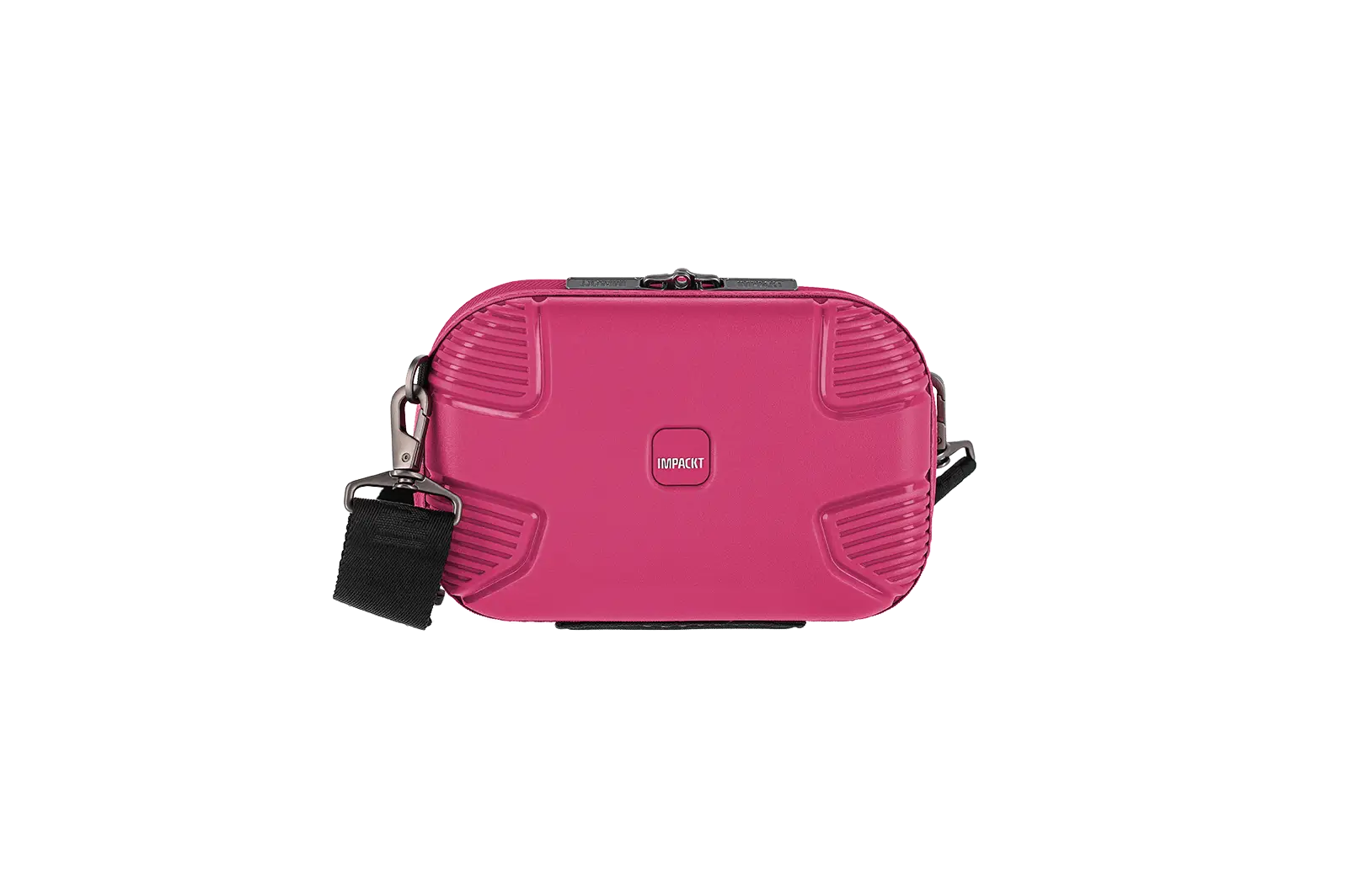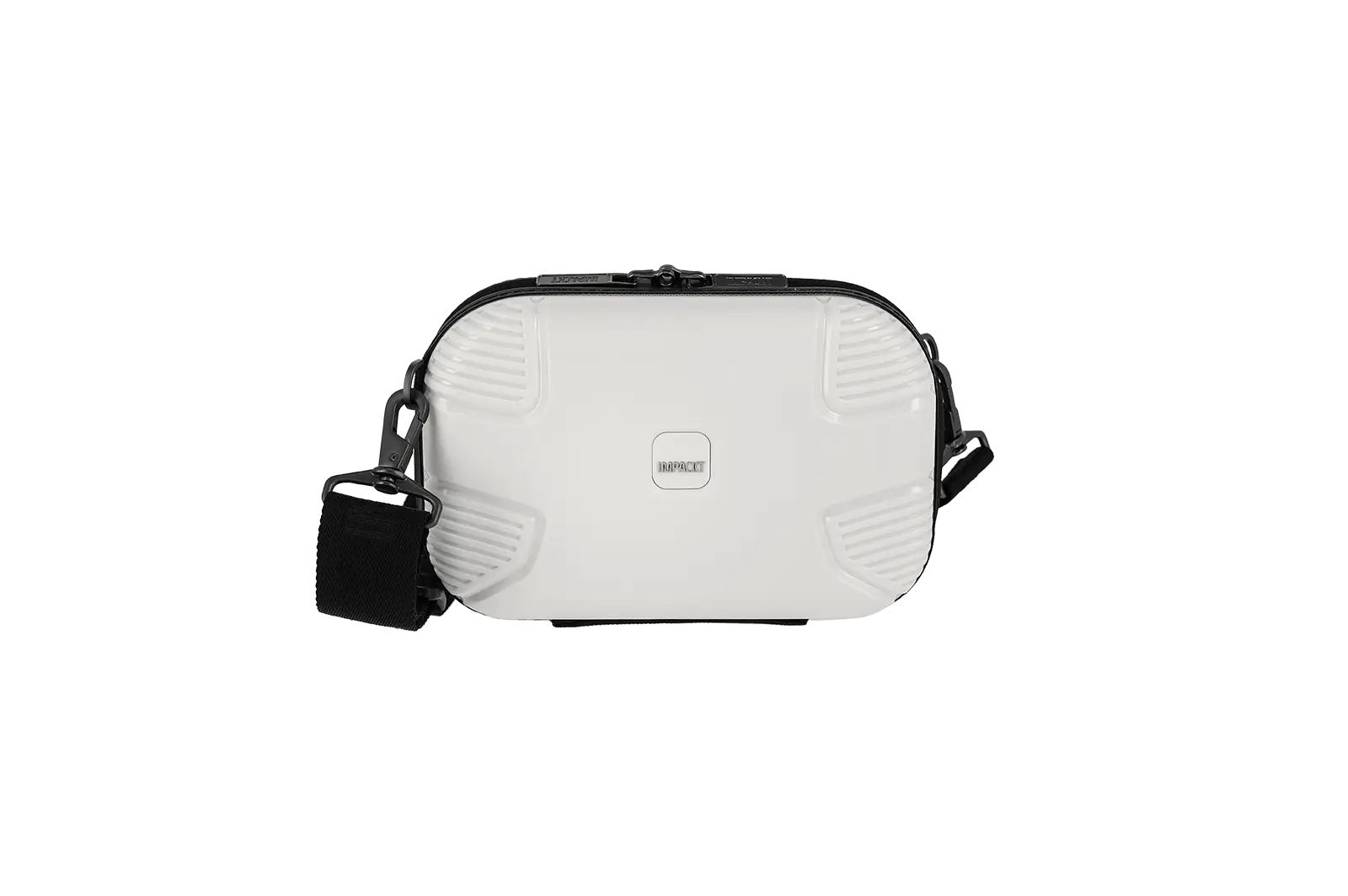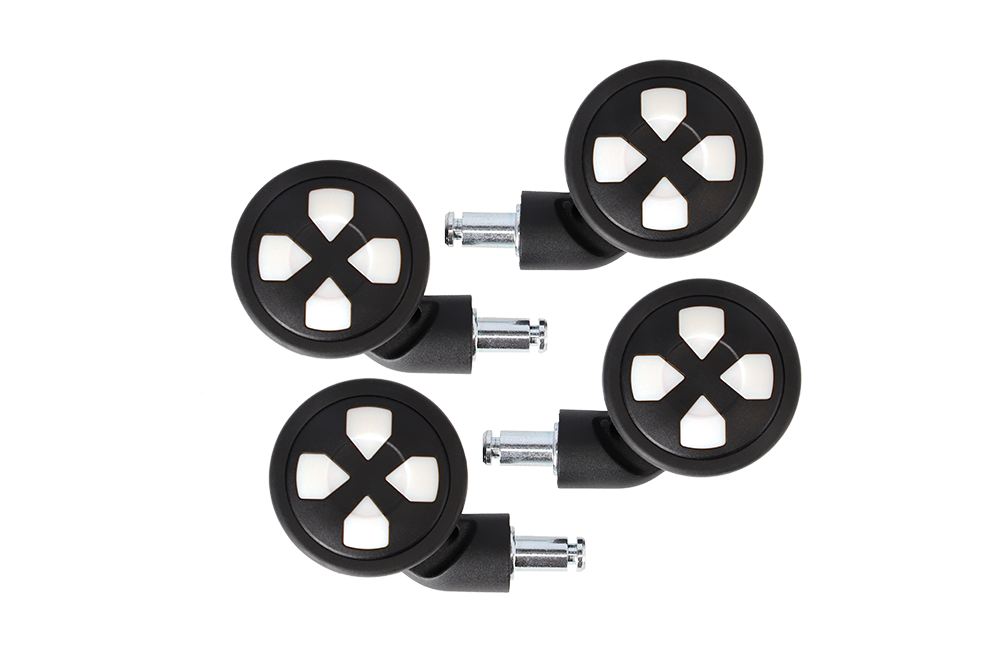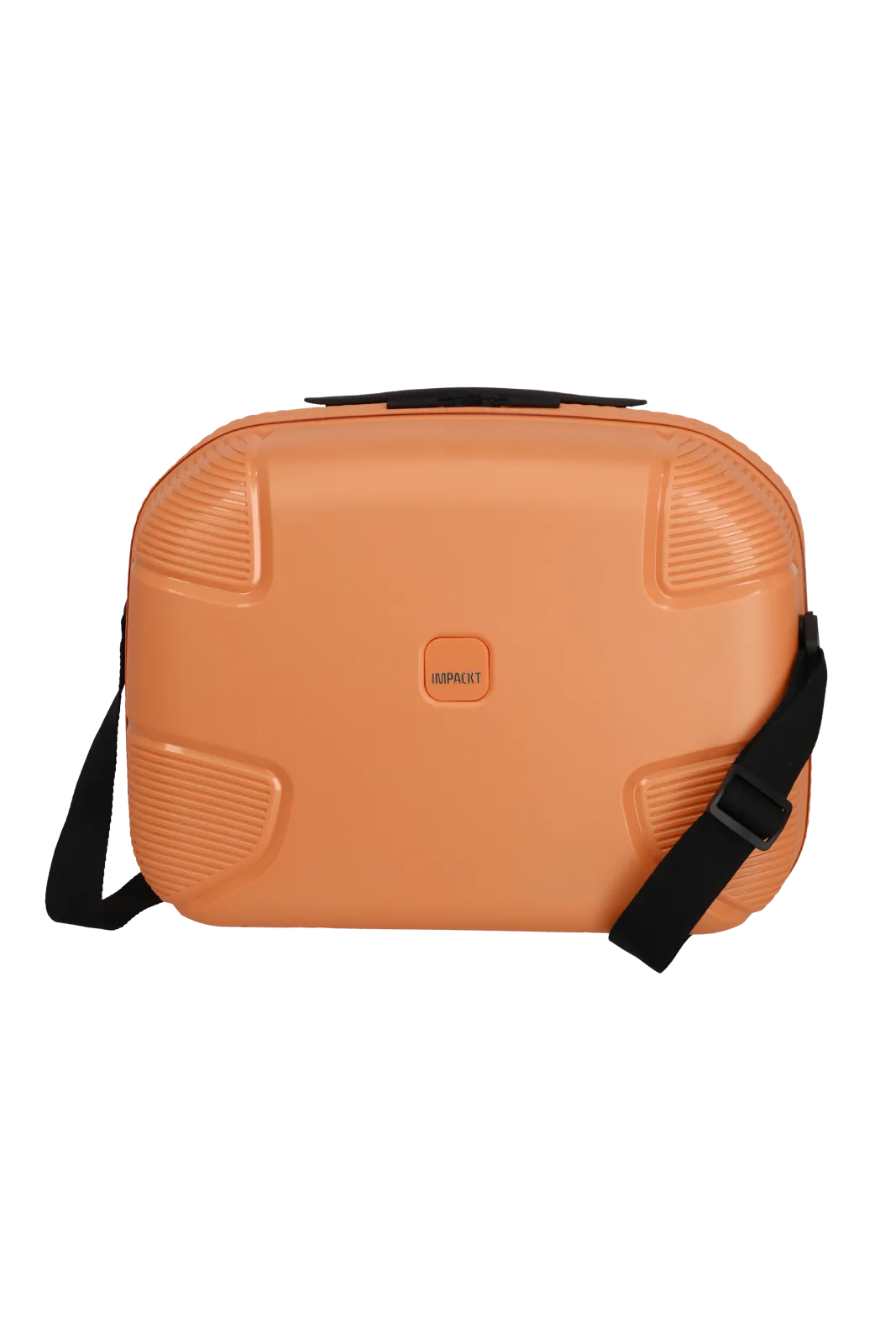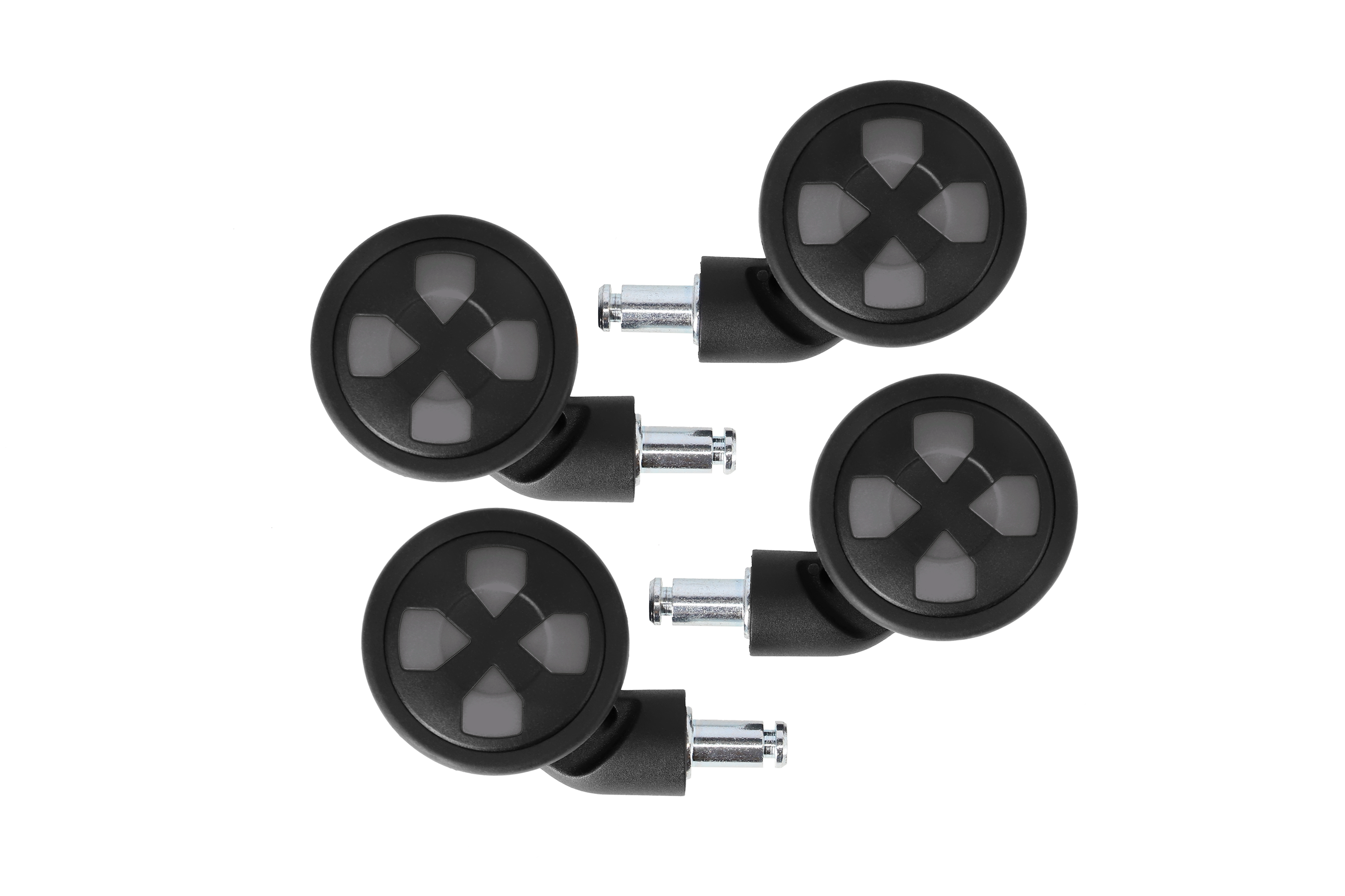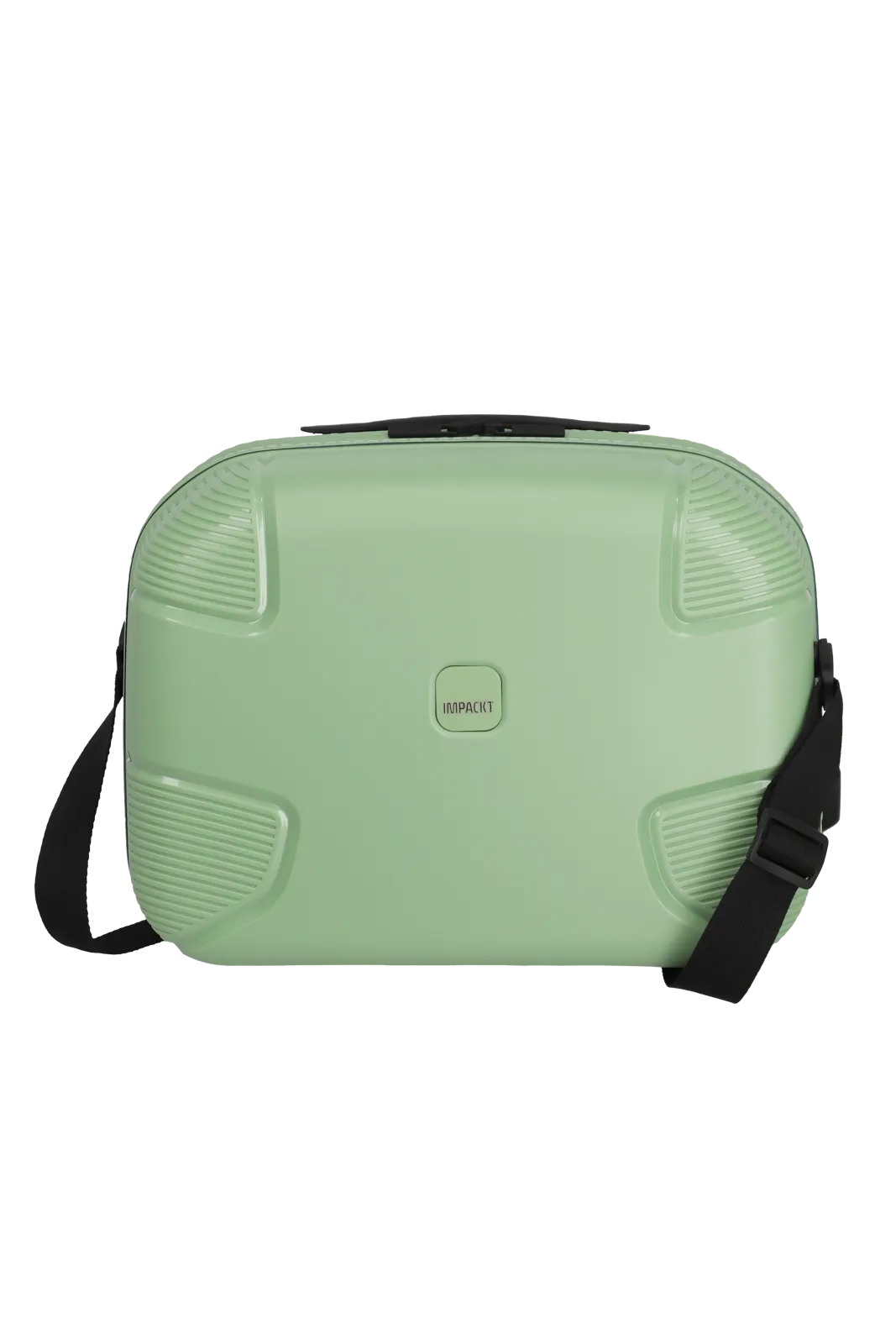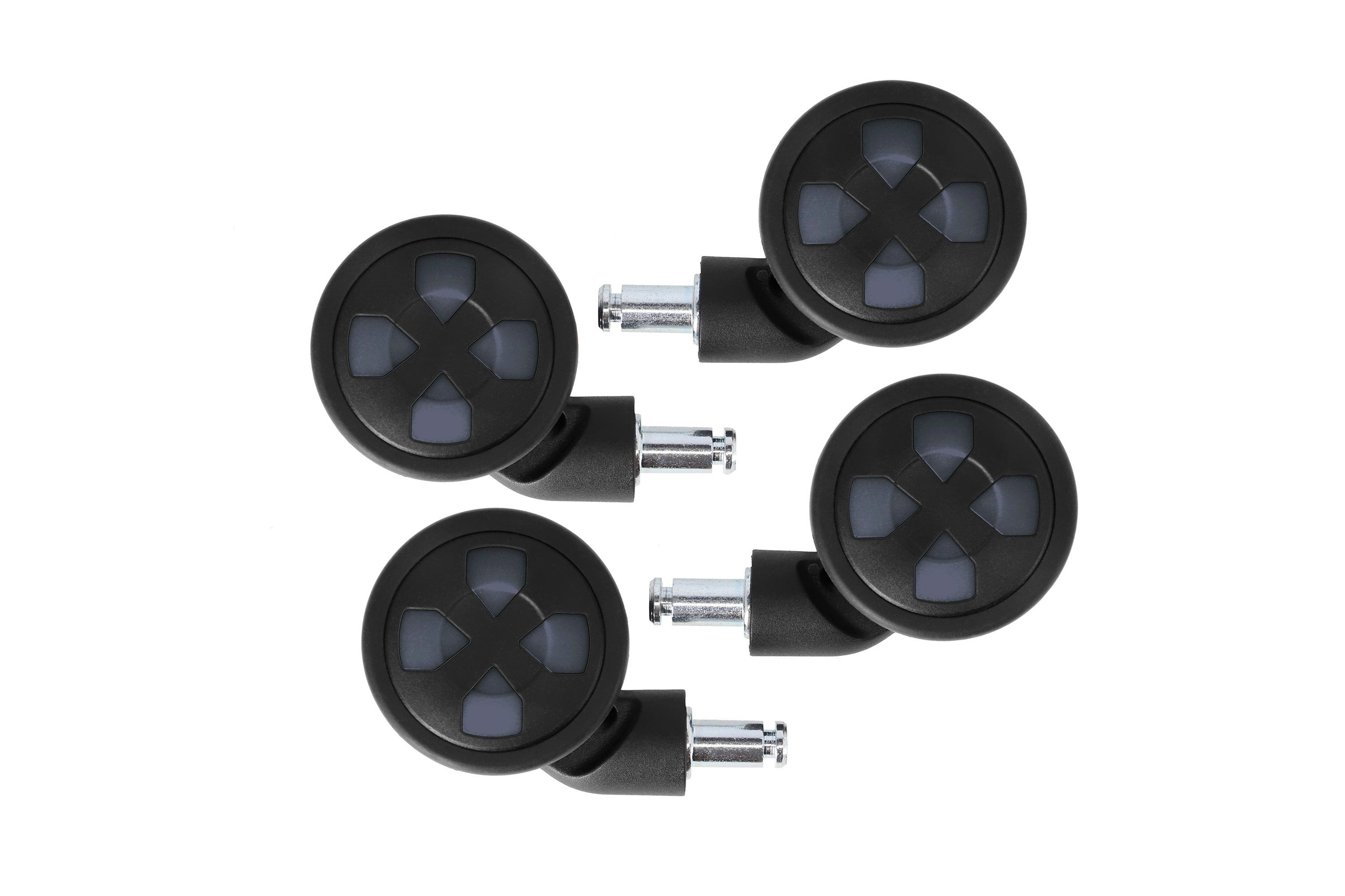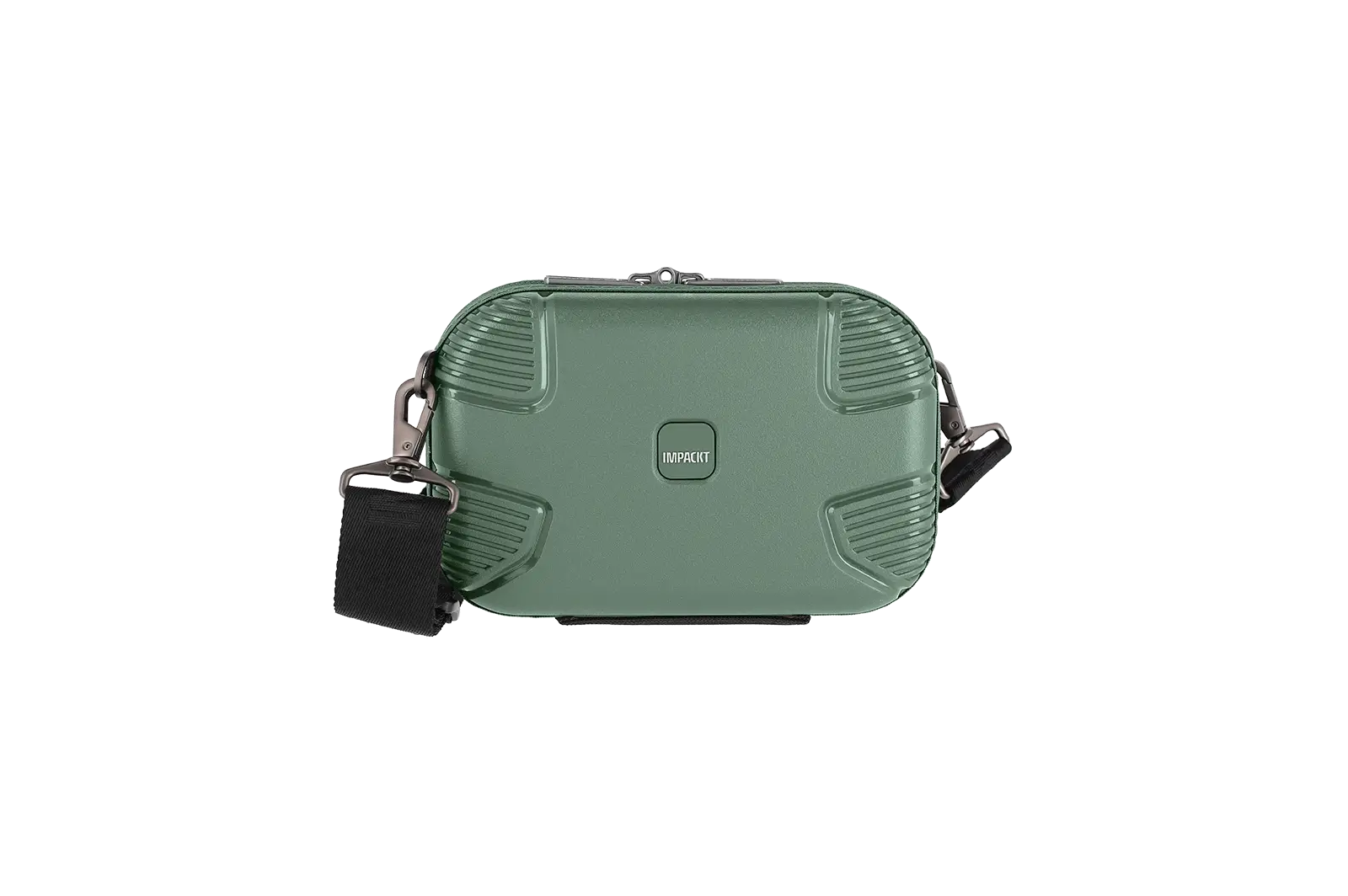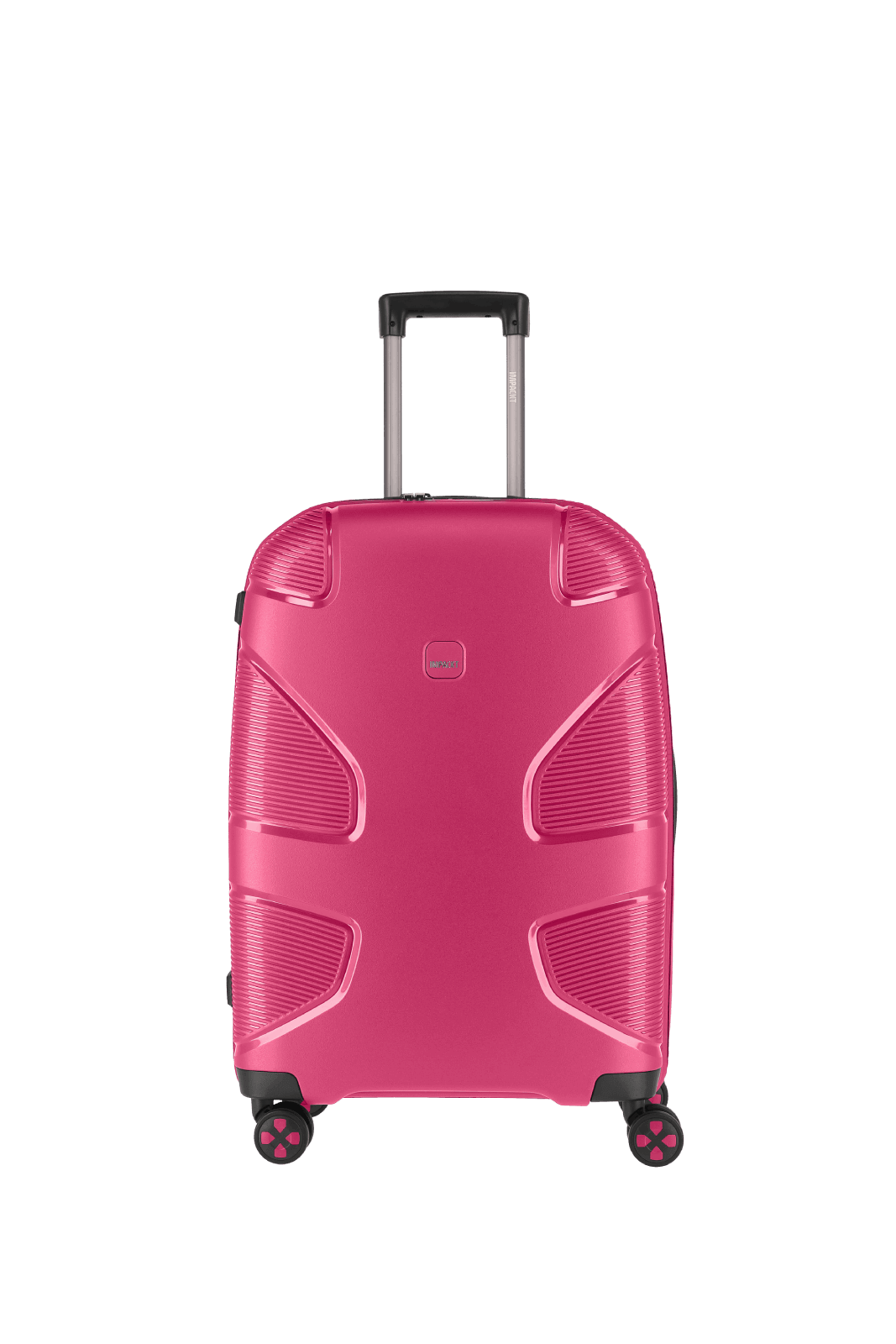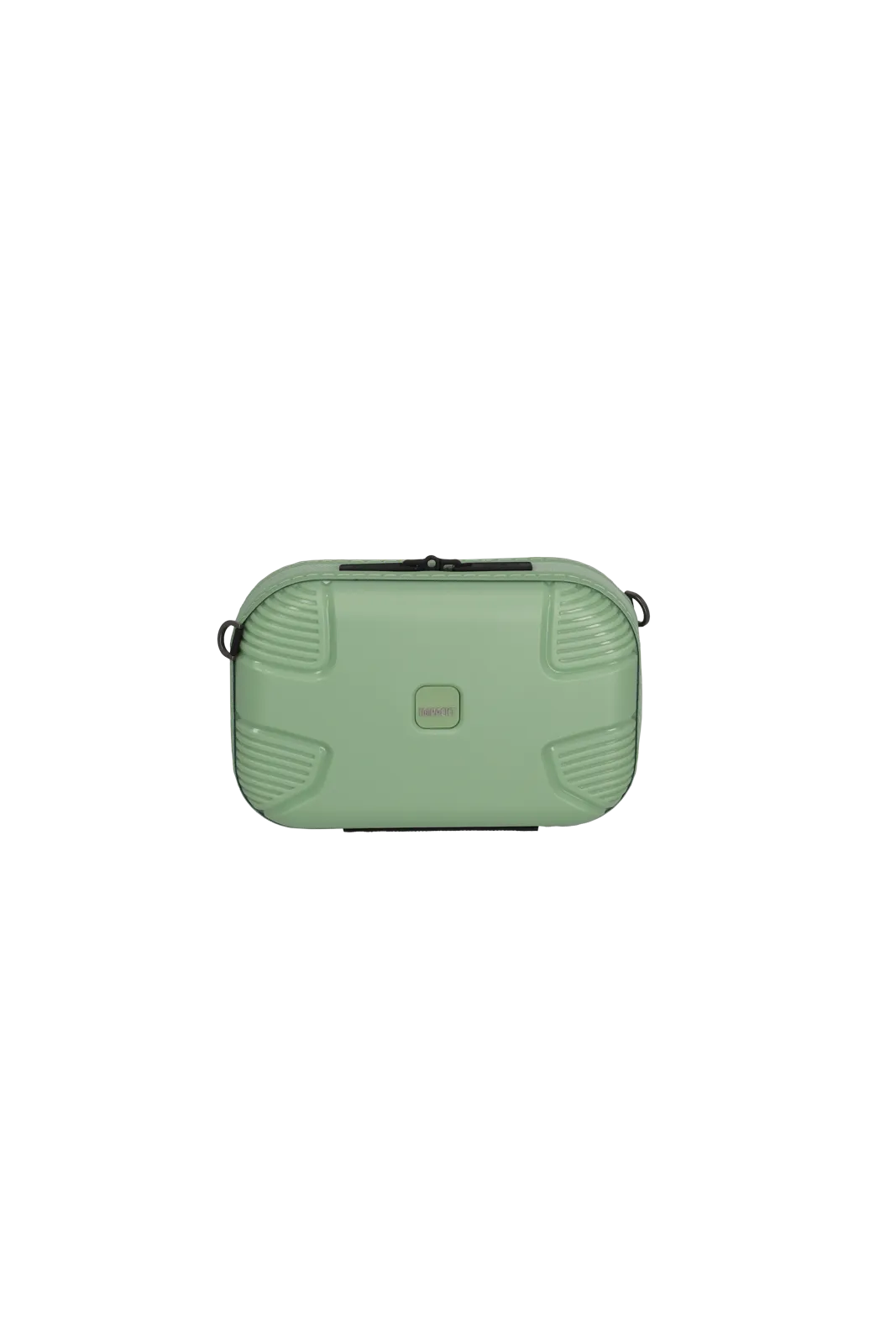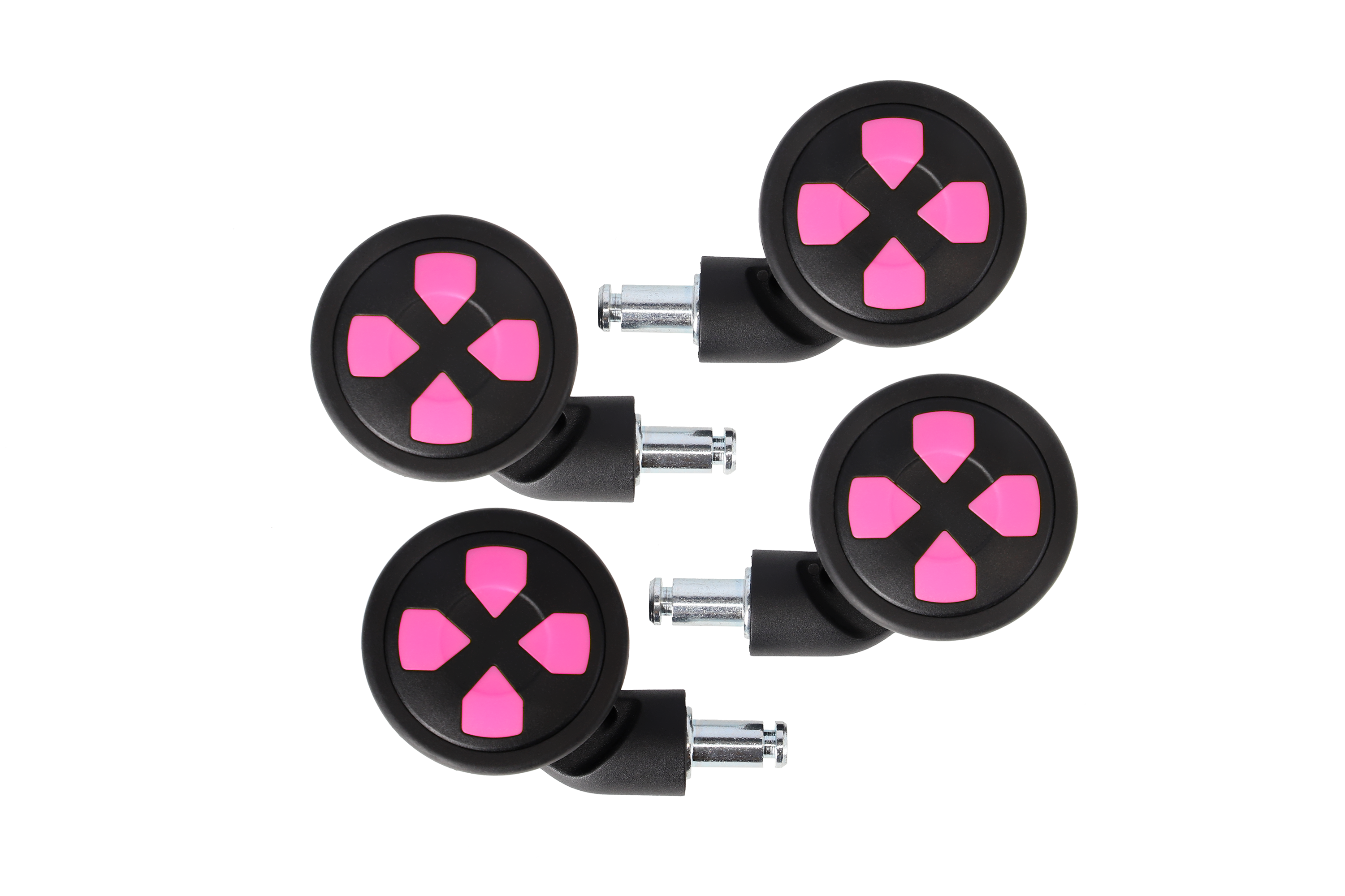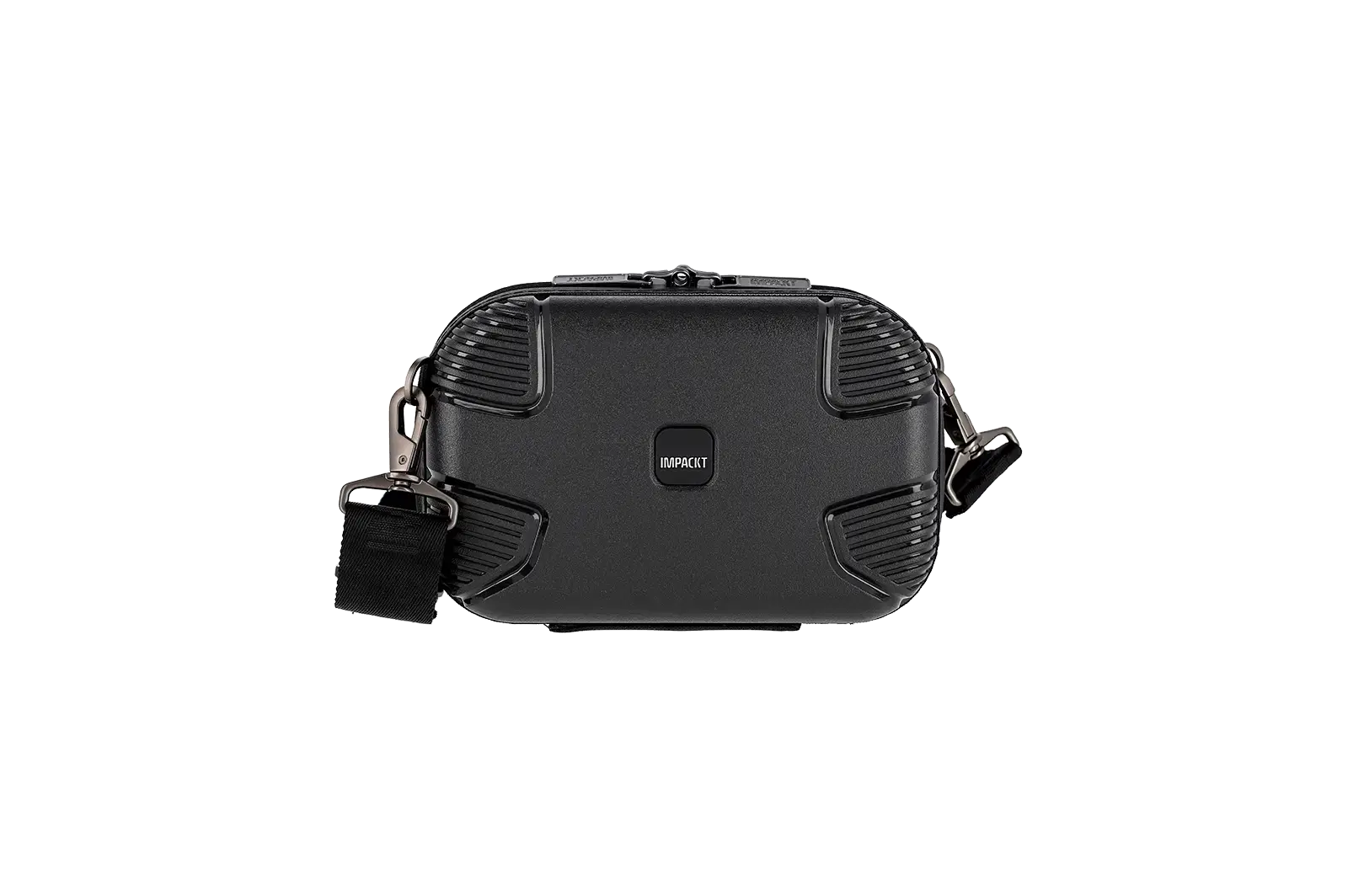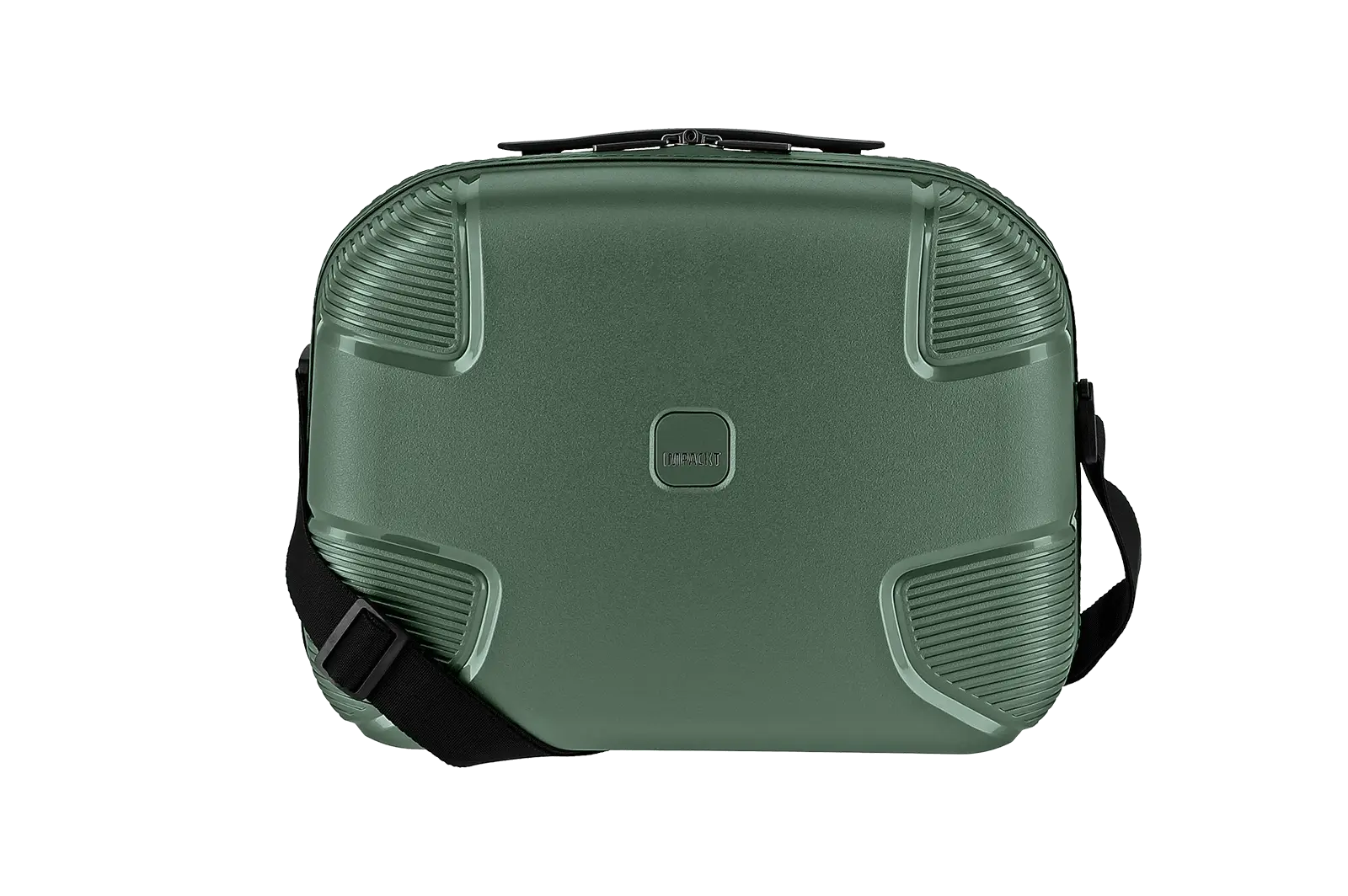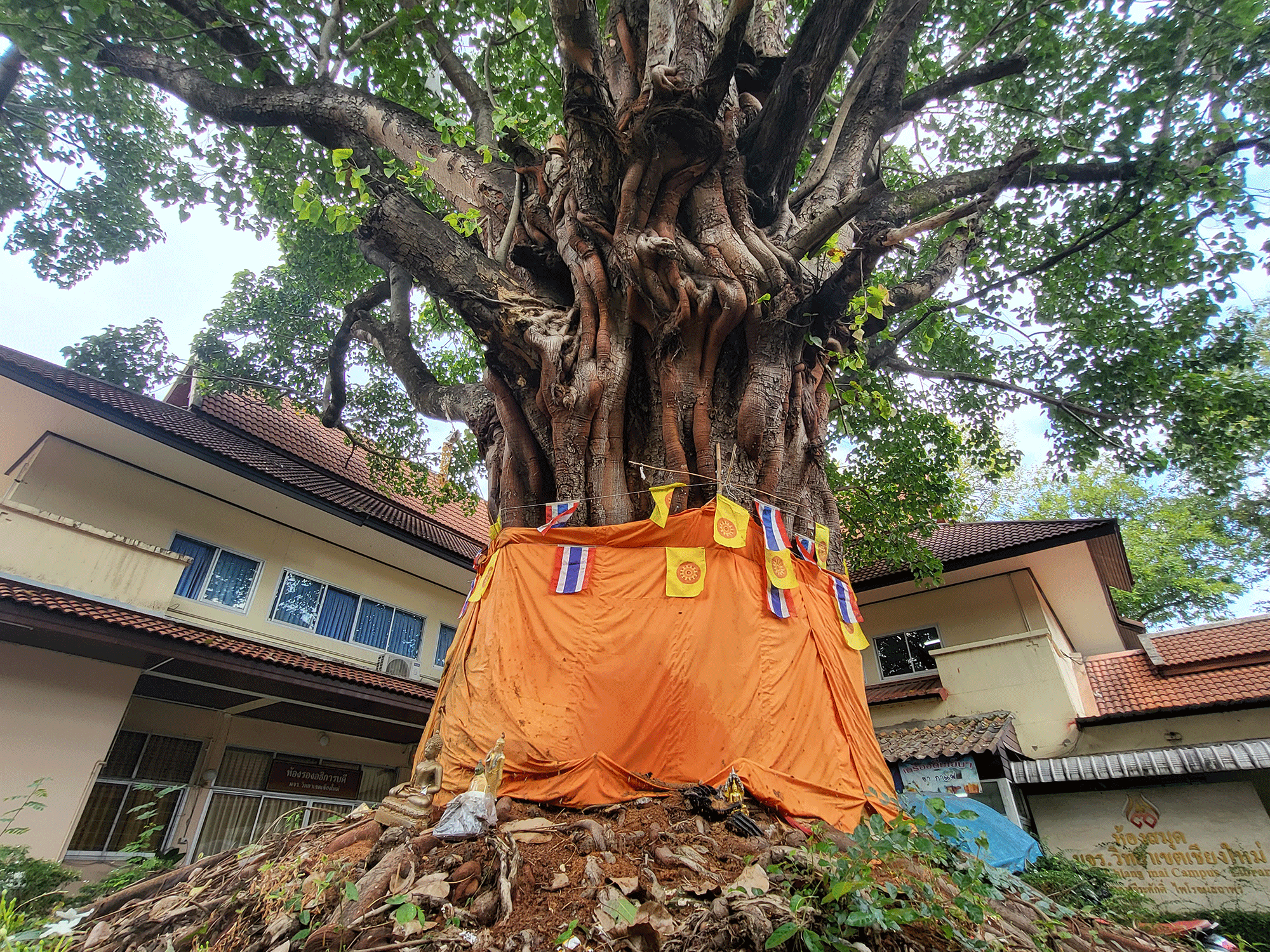

Sustainable travel and living tips from a Buddhist monk and a Thai student
"Sawadee kha" - "Hello" from Thailand and welcome back to IMPACKT's green world travel blog. In the meantime, my friend Flo and I have arrived in Chiang Mai with our IMPACKT suitcases. Here I am looking for more sustainable travel and living tips for you. For this, I ask my Thai friend George. To what extent the topic is approached spiritually in Thailand, I learned about the environment from Phra KK, a Buddhist monk, at the one-day "Monk Chat & Meditation Retreat".
"Put yourself to the nature", George, Thai student.
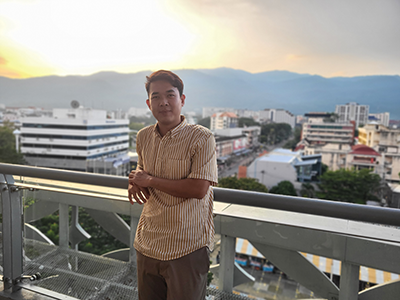
On our first evening in Chiang Mai, we met George, a committed politics student, at Zoom Song, a street bar. Since then, we have arranged to meet every few days to explore the area together. For the interview, I meet him on the roof terrace of the CAMP Co-workingspace. Enjoying the sunset, I begin: "You also separate your rubbish. And the streets are so clean. In the supermarket, you also get empty boxes at the checkout to wrap up your shopping. I don't have that at home yet. How sustainable do you think Thailand is?" The purple electric buses on campus come to mind. Very practical, because they allow you to get from one campus to another quickly. The fuel for the vehicles comes from purely renewable energies, because Thailand does not have a single commercial nuclear power plant. Instead, most of the electricity is generated with water, i.e. with dams. "Speaking of water and drinks. You also have a reusable bottle system," I remember. "I was amazed when several water crates were delivered to our flat. One crate for only 50 baht, which is about €1.66." "That's right," Georg confirms, "Unfortunately, you can't drink the drinking water here like you can."
"Are there any other green or recycling projects at the university?" "Our university cooperates with the tribe of an indigenous people near here: the Hmong Tribe." Chiang Mai University buys their fresh fruit and vegetables so students have access to sustainable produce. All organic. "Also, the tribes make their own wine and vodka and sell them to tourists." This has given rise to ecotourism there. George highly recommends that I go to the mountain people and experience their way of life. "In the national park you can also camp and watch the sunset under the cool trees," George enthuses and tells me that many leaves are edible. Like those of the mango tree, the lotus plant or the water spinach. So I am surprised to learn that basil comes from Southeast Asia. So my tip: next time you cook Italian food, try one of the three Thai basil species.
"We put ourselves to nature," George continues. "But unfortunately, too few people still pay attention to nature here. People don't care about it." They burn their rubbish or clear their fields without practising sustainable agriculture. George starts right here and transforms his frustration into engagement: He is active in the university groups "Engagement Club" and "Natural Conservation Club" and helps coordinate the "Awareness Camps" in the jungle. There, the participants listen to the sounds of the forest, learn to interpret them and become sensitised to the local flora and fauna. If George had one wish, he would wish that, in addition to his generation, older people would also develop a greater awareness of the environment and nature and act ethically accordingly. Hopefully, we both end the interview and a few days later I set off to meet my second interview partner.
"Value the nature and be kind", Phra KK, Buddhist monk
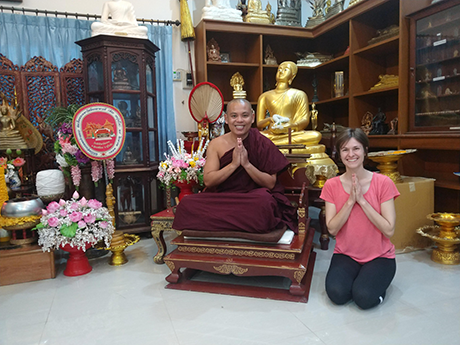
On a Friday morning at 9 o'clock sharp, I stand in front of the "Monk Chat" building on the campus of Mahachulalongkornrajavidyalaya University Chiang Mai, where the Buddhist temple "Wat Suan Dok" with its golden dome is located.
I find this workshop very enriching for foreign tourists like me. Here, the participants can learn more about the culture, spirituality and religious interests and not only visit the temples. Although I also like to do that: just let the place take effect on you.
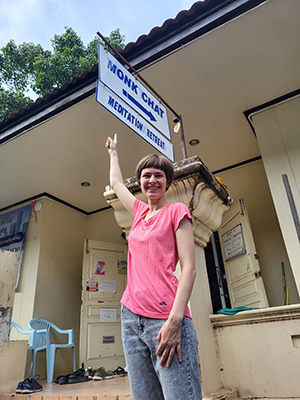
In the one-day course "Monk Chat & Meditation Retreat", the monk and current teacher Phra KK shows us that Buddhism is a philosophy of life full of love and wisdom, with the aim of understanding nature. By the way, 'Phra' stands for monk. "And when you suffer: Don't dwell on it," he repeats to our group every half hour. With this, he tells us that suffering is only temporary and that we should actively do good instead. Here my thoughts drift to George, who has been living this mantra for a long time by getting involved in many ways.
After the introduction and a sitting meditation, KK leads us around the temple grounds. We stop under a mighty tree. KK explains to us that this is a "Bodhi tree" under which the Buddha is said to have attained enlightenment. "Why are the cloths wrapped around the tree?" a Turkish participant wants to know. "Trees marked with these yellow, orange ribbons were consecrated," KK reveals. The practice of this tree consecration helps to link the preservation of ecological systems with Thailand's Buddhist identity. For once the monks have blessed the trees and driven away the evil spirits, the plants may no longer be cut down. "We respect nature, we are made by nature," KK underlines his words. "We take a lot of the nature", KK sums it up briefly and continues the tour. The clarity of the words resonate for a long time. "Look in the tree," he asks us later. As we look up, we look up at a huge beehive perched in the treetop. The monks leave the hive alone and are impressed by its architectural masterpiece.
"Avoid doing bad, do good."
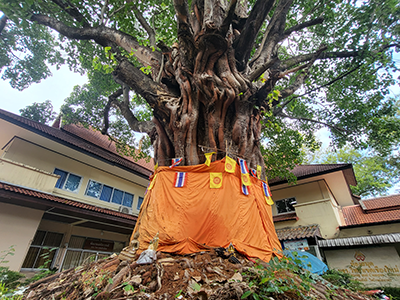
Later, during the open question and answer session, I ask KK to explain the role of sustainability in a monk's life: "We advice not doing bad. Do good." As a monk, he sees it as his spiritual mission to avoid bad and to spread good into the world: for example, through educational events and commitment against slash-and-burn. "We advise not to burn. It is a lot of pollution. We have no right to harm insects that we need," KK emphasises, and I remember the swarm of bees he just showed us. Besides their appreciation of insects, monks respect all animals: every temple takes in street dogs and cats. During the walking meditation earlier, a cat sneaked between our legs and let us cuddle him afterwards. "So cute," KK had grinned, repeating, "We have to be kind and show compassion." KK rests in himself and his convictions in him. In my life I have never met such a spiritual man who stands up for peace and harmony.
What always strikes me is how many bottom-up grassroots movements there are. The civilian population is active, especially the young people. As a foreigner, you immediately find a connection and are infected by the engagement fever. Inspired by this, we have applied to the local dog rescue station, Worldwide Veterinary Service Thailand - Care for Dogs, for a volunteer position lasting several days. We are already very excited about it.
With this in mind: Happy Social and Sustainable Engagement Day.
Kind regards,
Your Franzi

